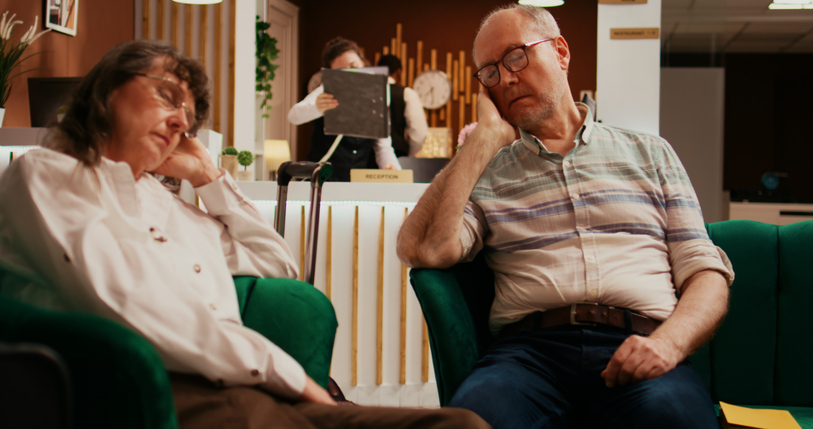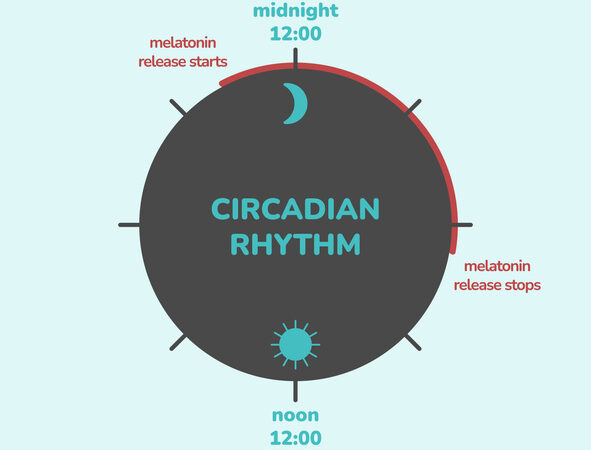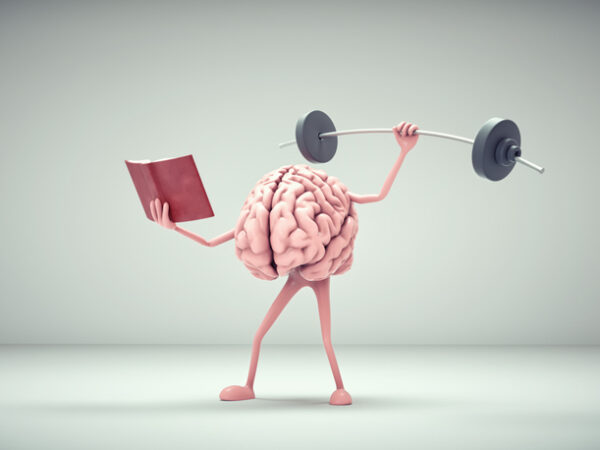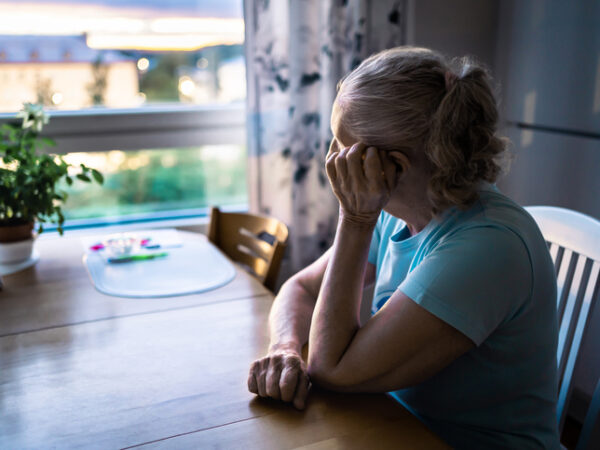Are you getting enough sleep? If not, you might be aging faster than you think. Recent studies have revealed a compelling link between sleep deprivation and our perception of age. According to research led by Leonie Balter from Stockholm University, not getting adequate rest could make you feel five to 10 years older than your actual age.
Published in the Proceedings of the Royal Society B, the studies emphasize the crucial role of sleep in shaping our subjective experience of aging. Balter’s research team found that insufficient sleep not only induces feelings of sleepiness but also diminishes energy levels and motivation, ultimately contributing to a sense of old age. This perception is further exacerbated by alterations in mood and feelings of fatigue, which are typical manifestations of sleep deprivation.
The impact of poor sleep on subjective age was starkly evident in the studies. Participants who reported restless nights over the previous month felt older than their chronological age, with each night of poor sleep correlating to feeling approximately a quarter of a year older. Conversely, those who enjoyed quality sleep felt significantly younger than their actual age, highlighting the rejuvenating effects of adequate rest.
In a separate experiment involving two nights of severe sleep deprivation, participants felt nearly 4½ years older on average. The severity of sleep deprivation underscored the profound impact on one’s perception of age. However, the studies also offered hope, suggesting that even short-term improvements in sleep quality could lead to immediate reductions in subjective age.
Interestingly, sleep chronotype played a role in shaping individuals’ perceptions of age. Sleep chronotype refers to your natural preference for sleeping and waking times. It’s basically whether you’re a morning person (early bird), a night person (night owl), or somewhere in between. Your chronotype influences when you feel most alert and when you prefer to sleep. Early birds, who prefer mornings, tended to feel older than night owls or intermediate types. However, ensuring early birds received sufficient sleep resulted in a marked decrease in their subjective age, highlighting the importance of sleep duration regardless of one’s chronotype.
The implications of these findings extend beyond subjective experiences. Feeling young has been associated with numerous health benefits, including longevity, reduced risk of dementia, and better mental health. Furthermore, recent studies have shown that individuals who perceive themselves as younger exhibit healthier brain characteristics.
Prioritizing adequate sleep is paramount for overall well-being. Whether you’re an early bird or a night owl, ensuring sufficient rest is essential for maintaining a youthful outlook on life. If sleep deprivation persists, seeking evaluation and treatment from a healthcare professional is crucial.
Sleep might just be the elusive fountain of youth we’ve been searching for. So, the next time you hit the snooze button, remember: a good night’s sleep can help you live younger.






Add Your Voice
0 Comments
Join the Discussion